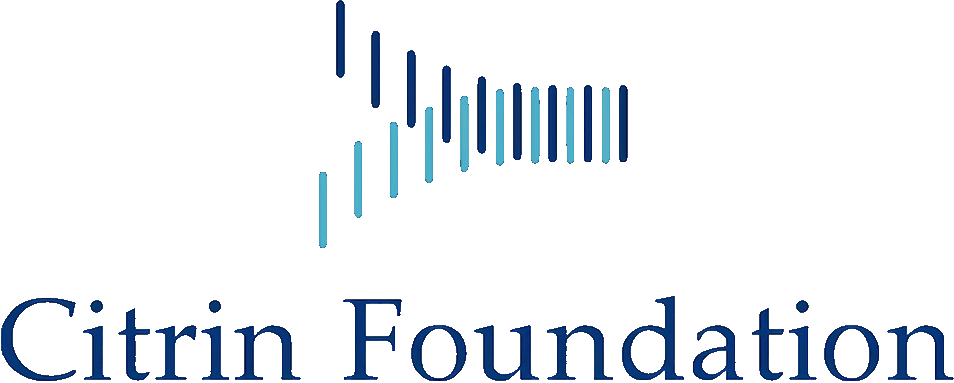Julien BARUTEAU, MD, PhD
University College London Great Ormond Street Institute of Child Health, Great Ormond Street Hospital
mRNA therapy for Citrin deficiency
Citrin deficiency (CD) presents with a heterogeneous age-dependent clinical presentation, which ranges from asymptomatic presentation to severe medical complications (e.g. cholestasis, hypoglycaemia, hyperammonaemia, liver cirrhosis, hepatocellular carcinoma)(1). Although dietary approaches can be beneficial in most cases(2), the only cure remains liver transplantation.
Messenger RNA (mRNA) encapsulated in lipid nanoparticles (LNP) is efficiently uptaken by hepatocytes and is the leading strategy of non-viral gene therapy(3). Liver-targeting mRNA therapy has shown proof of concept in various preclinical liver inherited metabolic diseases and is assessed in early-stage clinical trials for these pediatric liver monogenic diseases(4). mRNA therapy has shown limited efficacy in a CD mouse model, which recapitulates some features of the human CD phenotype(5). The versatility of using a transient therapy like LNP-mRNA would particularly suit CD, as the dose could be adjusted to physiologic needs according to patients’ age and observed phenotype.
The aims of this project are:
-
- To characterise a novel CD mouse model (liver-conditional aralar knockout and systemic citrin knock-out mouse)
- To show extensive proof of concept of mRNA therapy in CD mice with mild and advanced liver disease, without and with hyperammonemia to pave the way for a translational programme.
If successful, this work aims to pioneer translation of non-viral mRNA gene therapy for CD patients.
Please find the list of references here.
(Updated December 2024)



